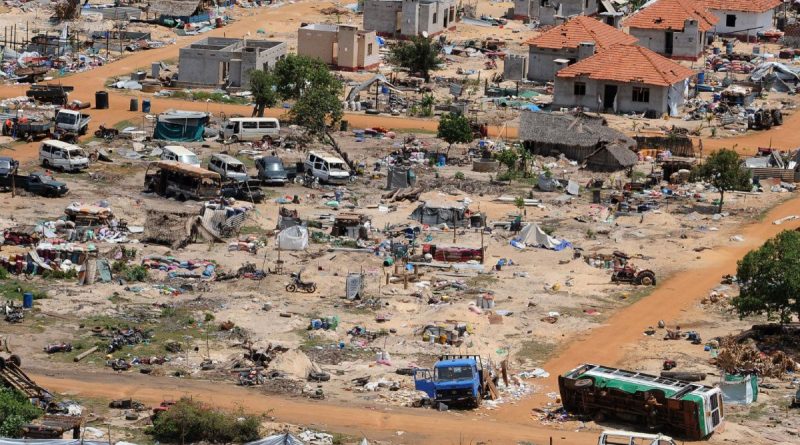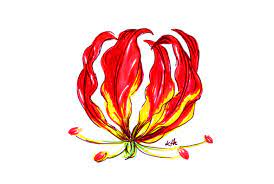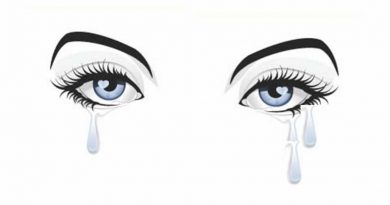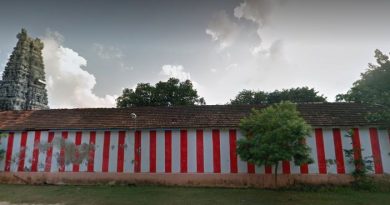Assembling freedom of visiting UN expert put under acid-test in North-East
Assembling freedom of visiting UN expert put under acid-test in North-East
[TamilNet, Sunday, 21 July 2019, 23:52 GMT]
The representatives of the families of persons subjected to enforced disappearance at the hands of the SL military have complained to the visiting United Nations Special Rapporteur on Rights to Freedom of Peaceful Assembly and Association that their freedom of organisation is almost non-existent in the occupied Tamil homeland. Clément Nyaletsossi Voule, the UN special rapporteur, met the representatives of district-level organisations of the kith and kin of the missing persons as well as the rights activists and journalists in Jaffna and Trincomalee this weekend. The activists who attended the meetings with the visiting UN rapporteur in Trincomalee said that the SL Police and the intelligence wing of the SL military were harassing them both before and during the closed-room sessions on Sunday. The CID personnel were also closely watching the people accessing the meeting venue.
Mrs Amalanayaki Amalaraj, the coordinator of the organisation of the families of persons subjected to enforced disappearances in the Batticaloa district, was travelling from Aayiththiya-malai to Chengkaladi to join the team which was heading to Trincomalee to meet the UN expert. On her way, she was asked to report at the police station in Karadiyanaa’ru.
During the meeting at Trincomalee, two CID persons clad in civil clothes were taking note of the people who were entering the venue at Dockyard Road. They were also noting down the registration numbers of the vehicles parked outside the EHED office.
A long-time rights activist and one of the attendees to the meeting in Trincomalee had to inform the fellow participants to be aware of the presence of the CID operatives outside the building while the meeting was going on.
The visiting UN expert listened patiently, even though the majority of complaints were about the missing persons, land grab as well as on the ongoing heritage- and structural genocide.
However, Clément Nyaletsossi Voule was reminding the participants that his main task was to learn about their experiences on the freedom of assembly and organisation.
He was also listening to the complaints of the Tamil-speaking Muslim participants in the East. A particular topic of interest in this context was the control exercised by the SL State, particularly the SL President, in controlling the social media.
On Saturday, the representatives of the families of missing persons from the five districts in the Northern province informed the UN expert that the SL authorities were refusing register their organisations even though they had satisfied all necessary prerequisites for the process. This was because the organisations used the terms such as ‘enforced disappearances’ in their names and objectives.
Journalists in Jaffna and Vanni also met the UN expert separately. The SL military and the police were using data collection to target the activists in the past systematically, the journalists pointed out. Surveillance was one of the biggest threats to the freedom of assembly as well as to the freedom of the press, they explained to the visiting UN expert.
One of the journalists in Vanni, K. Kumanan, who was has been repeatedly harassed by the SL police in recent weeks narrated how he experienced the level of the prevailing threat, especially when he went to cover the peaceful protests at Neeraaviyadi in the North and at Kanniyaa in the East.
Meanwhile, Colombo-based resident UN officials, who accompanied the Special Rapporteur, were attempting to influence the audience not to reveal the details of their complaints to the media before the UN expert makes his address to the press in Colombo, the reporters in Jaffna said.
However, reporters in the East said the officials from Colombo were largely silent taking a back row seat at the meetings held in Trincomalee on Sunday.




